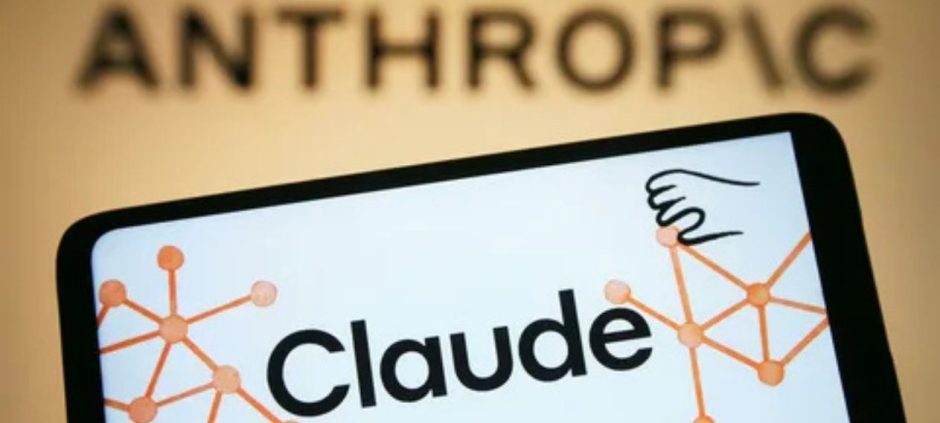Anthropic is betting big on Google’s AI technology, announcing plans to use Google AI chips worth tens of billions of dollars to train its next-generation Claude chatbot. The partnership marks one of the most significant AI infrastructure deals in recent years, reflecting the growing competition among tech giants to dominate the AI landscape.
According to insiders, Anthropic aims to scale Claude’s reasoning, creativity, and conversational capabilities by leveraging Google’s Tensor Processing Units (TPUs). These specialized chips are designed to accelerate AI model training, giving Claude a massive computational advantage. The deal also highlights Google’s growing role as an AI hardware provider, expanding its reach beyond cloud services to power some of the world’s most advanced language models.
For Anthropic, this move is not just about access to cutting-edge hardware; it’s a strategic step to compete directly with OpenAI’s ChatGPT and other emerging AI systems. Analysts believe that by tapping into Google’s vast hardware resources, Anthropic could significantly reduce training time for its AI models while improving performance. Claude, already known for its sophisticated responses and ethical framework, is expected to become even more refined through this collaboration.
Interestingly, Anthropic’s partnership follows a broader industry pattern, where major AI developers are aligning with powerful tech ecosystems. For instance, Alibaba recently launched an AI chatbot within its shopping app to enhance user experience and better reach consumers, a move that reflects the global trend of integrating conversational AI into everyday platforms.
This ambitious collaboration not only strengthens Google’s position in the AI race but also signals how quickly the industry is evolving. With Claude’s enhanced capabilities, powered by Google’s advanced chips, Anthropic is positioning itself to set new benchmarks for chatbot performance, speed, and reliability. In an era where AI innovations are shaping how people interact with technology, this partnership could redefine the future of intelligent conversational platforms.










